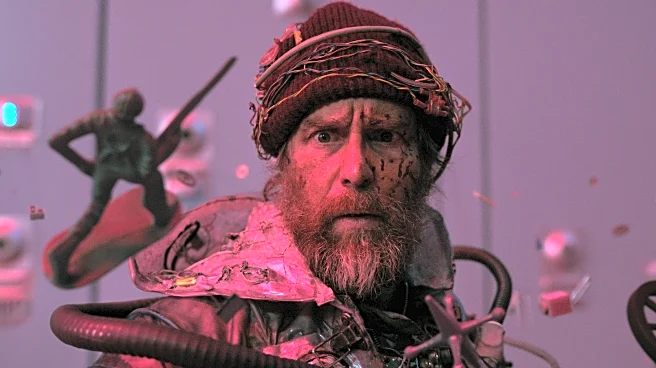Rapid Read • 8 min read
The African Union has endorsed a campaign to replace the 16th-century Mercator map with the 2018 Equal Earth projection, which more accurately represents Africa's size. The Mercator map, originally designed for navigation, distorts the size of continents, making Africa appear smaller than it is. This campaign, led by advocacy groups Africa No Filter and Speak Up Africa, aims to correct misconceptions about Africa's size and influence. The AU Commission deputy chairperson, Selma Malika Haddadi, emphasized the importance of this change in combating stereotypes that affect media, education, and policy. The AU plans to advocate for the adoption of the Equal Earth map by global institutions and discuss collective actions with its member states.
AD
The adoption of a more accurate map is significant as it challenges longstanding misconceptions about Africa's size and importance. These misconceptions have historically influenced global perceptions and policies, often marginalizing Africa despite its vast area and population. By promoting the Equal Earth map, the African Union seeks to reclaim Africa's rightful place on the global stage, aligning with broader movements for reparations and recognition of Africa's contributions. This change could impact educational curricula, media representation, and international policy, fostering a more accurate understanding of Africa's role in global affairs.
The African Union will continue to advocate for the adoption of the Equal Earth map and engage with member states to discuss collective actions. The campaign has reached out to organizations like the World Bank and the United Nations to adopt the new map. The World Bank has already begun using the Equal Earth projection for static maps and is phasing out the Mercator projection on web maps. The campaign's request to the UN geospatial body is under review, and once approved, it could lead to widespread adoption of the Equal Earth map by global institutions.
The push for a more accurate map reflects deeper issues of identity and pride among Africans, particularly in educational settings. By promoting the Equal Earth projection, advocacy groups aim to instill a sense of pride and accurate representation among African children. This initiative also challenges the historical ideology of power and dominance associated with the Mercator map, aligning with broader movements for decolonization and reparations.
AD
More Stories You Might Enjoy













